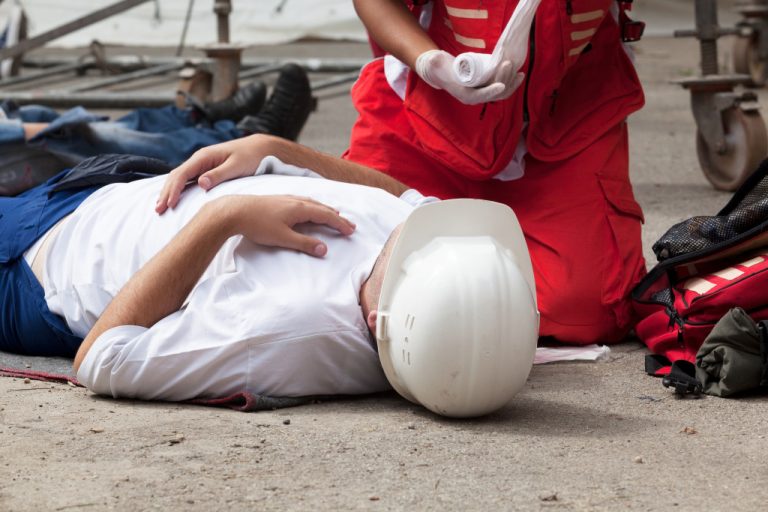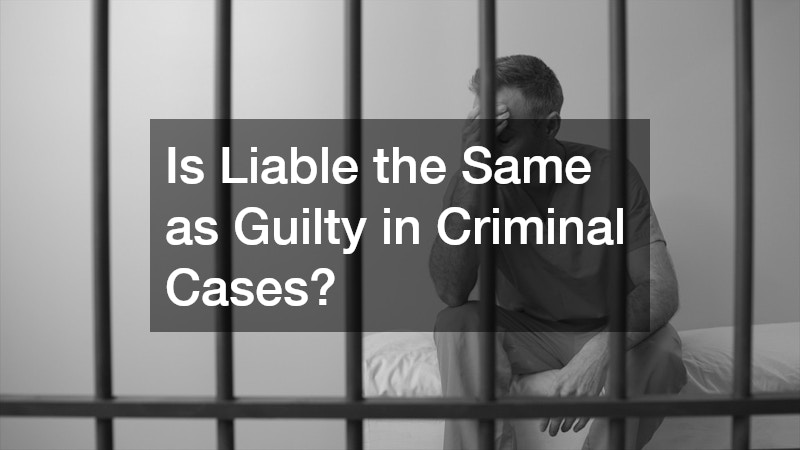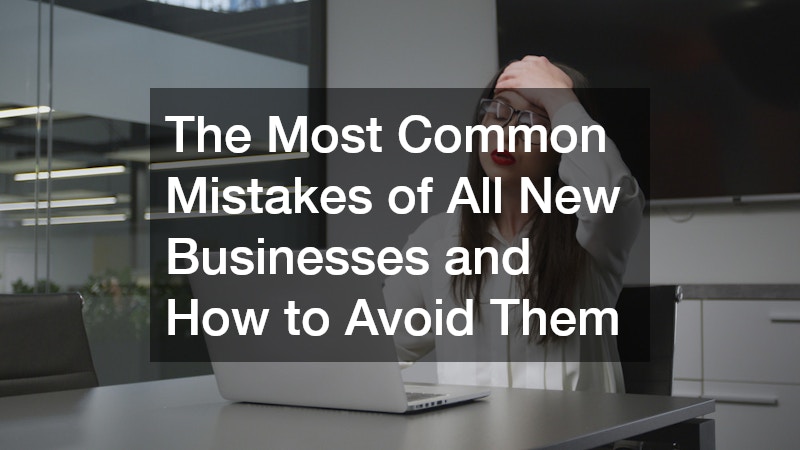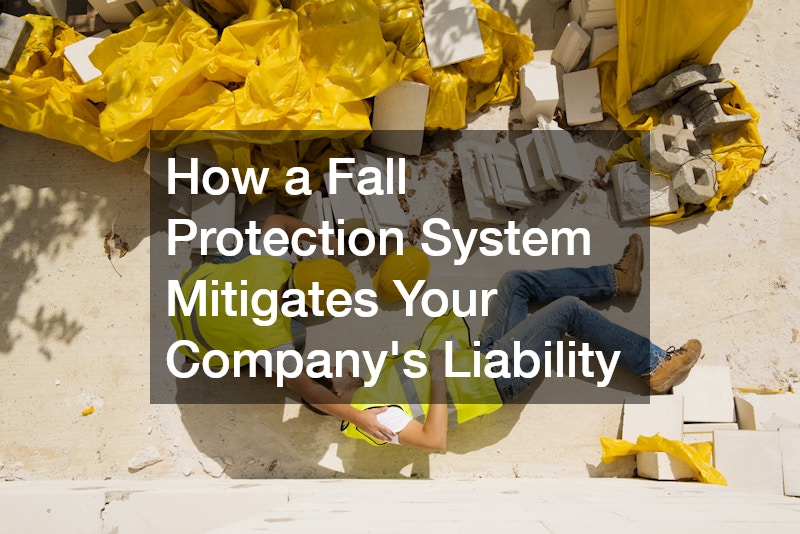Determining your employer’s liability in an injury outside the workplace can be tricky. The law states, after all, that your employer is liable for any injury you sustain inside the workplace. If you trip, slip, or fall because of the wet floor in your office’s restroom, you’re entitled to compensation, especially if there was no warning sign on the floor. In that scenario, your employer could be guilty of negligence, making them liable for your injury.
But in some cases, work-related injuries may occur outside the workplace. For example, you’re a sales associate at a B2B company, and you just arranged a meeting with a potential client. On your way to the meeting, you got hit by a car. Since you’re technically at work during the accident, your injuries will count as work-related injuries. But should your employer be held liable when it’s not their negligence that caused you harm?
Employer Responsibilities During Work-related Accidents
If an employee is hurt on the job, they can sue their employer for negligence. As shown in the example above, not putting up a warning sign on a slippery floor can prove negligence. It’s an employer’s duty to ensure the safety of their employees. Therefore, if they failed to warn their employees about slippery floors, they failed their duty because they risked an accident. It’s not the employees’ fault they missed the telltale shine of a wet floor.
In the second example, the employer also has a responsibility, even if the car accident wasn’t their fault. The meeting you’re attending is part of your official duties, so your travel time should also count as work. But in that scenario, the employer isn’t liable. Rather, they may just be required to cover your medical bills. The one you should sue is the driver of the car that hit you.

What to Do If You Met a Work-related Accident Outside Your Workplace
Car accidents are a common type of work-related accident that happens outside the workplace. Field workers, such as sales associates, caterers, event organizers, media teams, and the like, are most at risk of them. But there are limits as to what you can claim from your employer. Not all injuries you sustain on the job can actually be considered work-related. Below are the considerations to make when determining if an injury is work-related or not:
- Injuries that happened during lunch break. Those aren’t typically considered work-related unless it happened in the company cafeteria or it involved your employer in any way.
- Injuries due to excessive alcohol consumption. Those can be considered work-related if the employee had alcohol on a work-sponsored event, like corporate parties.
- On-the-job injuries or health conditions resulting from an employee’s preexisting health issue. If the employee’s work has worsened their health, their employer is liable.
- Mental health issues acquired from the job or as a result of a job. These are considered work-related health problems.
If you got hit by a car during your lunch break, it wouldn’t count as a work-related injury. Instead of your employer, it’s a car accident attorney who’s got your back in this scenario. They’ll help you hold the driver liable. But before calling a lawyer, pay attention to your injuries first. Also, if you can, take a photo of the car’s license plate. Make sure the driver won’t leave, even if you seem unharmed. They should take you to the hospital if you need immediate treatment, or your seemingly harmless injury suddenly takes a turn for the worst.
Call the cops shortly after the accident. Don’t wait to get your bearings. Waiting too long to alert the police may weaken your case. Even if the driver is genuinely repentant for hitting you, involve the police. The police report is for documentation purposes and filing a lawsuit should there be a need.
Even if everything goes well, don’t put your lawyer out of the picture. You need them to ensure that you’ve got fair compensation. That’s because the driver’s insurance company might find loopholes in the accident to avoid giving you the right coverage. But with a lawyer, you can avoid being subject to their schemes.
Don’t dismiss the idea of asking your employer for assistance, too. You may not be eligible for a worker’s compensation, but that doesn’t mean your employer shouldn’t regard your accident as serious. Their support is crucial if your accident has rendered you disabled or temporarily unable to work. And if your work-related accident is a result of your employer’s negligence, keep them under your radar until they give you the right compensation.










